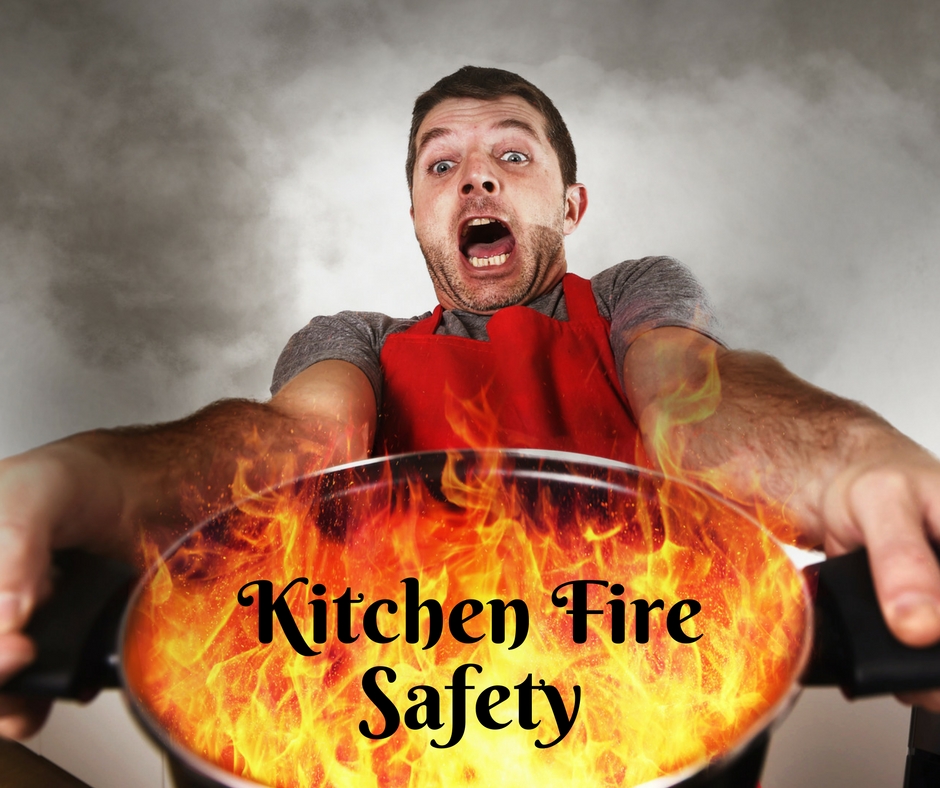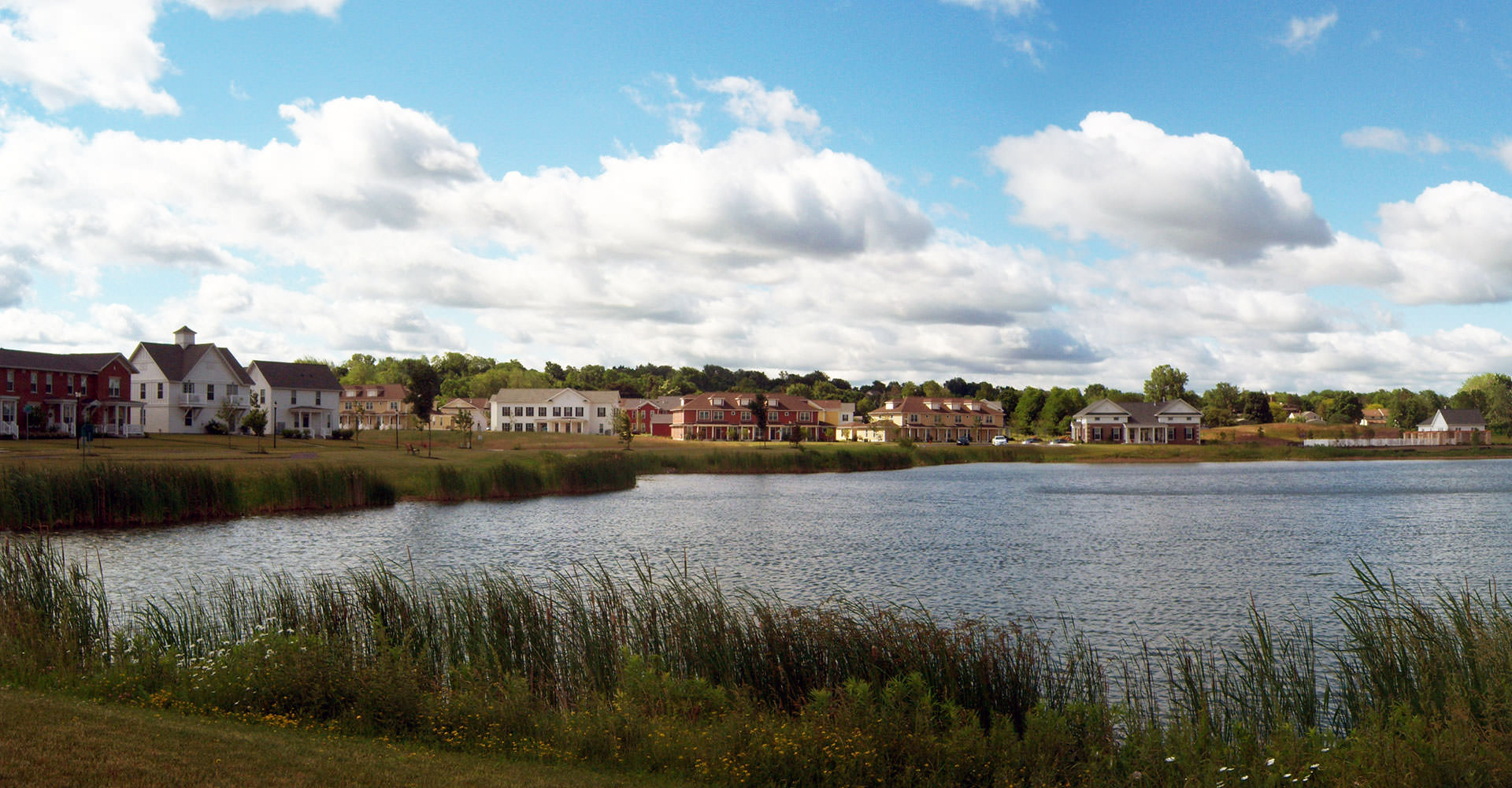Community Alert: Kitchen Fire Safety
 November 2016
November 2016
Don’t forget what’s cooking!
With all that goes on in our busy lives, it can be very easy to forget that you placed a pan on the stove. It’s a common mistake. You put something on the stove to cook, and then you get sidetracked. Unlike most things we wander away from, though, this one has a tight timeline. Before you know it, a fire starts and the smoke alarm goes off. This holiday season, please add an element of mindfulness to your cooking so that all of our residents can enjoy a safe, smoke-free Thanksgiving feast.
But in the spirit of prevention…
Here are 3 different types of kitchen fires and specifically what to do about each of them.
Dry Cooking Fires
This is the most common type of cooking fire, and it happens when all the moisture has been cooked out of your pan and the food begins to scorch and smoke. Though it doesn’t usually cause a lot of damage, the extreme heat can damage the surrounding area. The smoke may also stink up your home and belongings. Usually removing the food from the burner from the burner and a little cleaning up is all it takes.
Oven Fires
When you’re cooking food at high heat, fires can flare up. Fortunately, ovens are designed for these temperatures and will usually contain an oven fire. For an oven fire that doesn’t suffocate or extinguish itself, use a dry method like baking soda, salt, or a non-water fire extinguisher.
Grease Fires
Grease fires pose the greatest danger compared to other kitchen fires. When oil or grease are heated to the point of igniting, they can do significant damage. Open flames can extend to surrounding cabinets or other items. If it goes unnoticed, a grease fire can become a major, life-threatening fire. For a grease fire, turn off the heat, get everyone out of the kitchen, and DO NOT USE WATER. If possible, cut off the supply of oxygen to the fire. Cover your pot with a metal lid or baking dish or douse the fire with a dry chemical fire extinguisher.
Whatever the Cause
In the case of any fire, call 911 as soon as you suspect you can’t control it. Always follow up with a call to maintenance or our emergency line to report a fire in your apartment. Never use water on a grease or electrical fire. And right now, refresh your memory by reminding yourself where all the nearby fire extinguishers are located!
